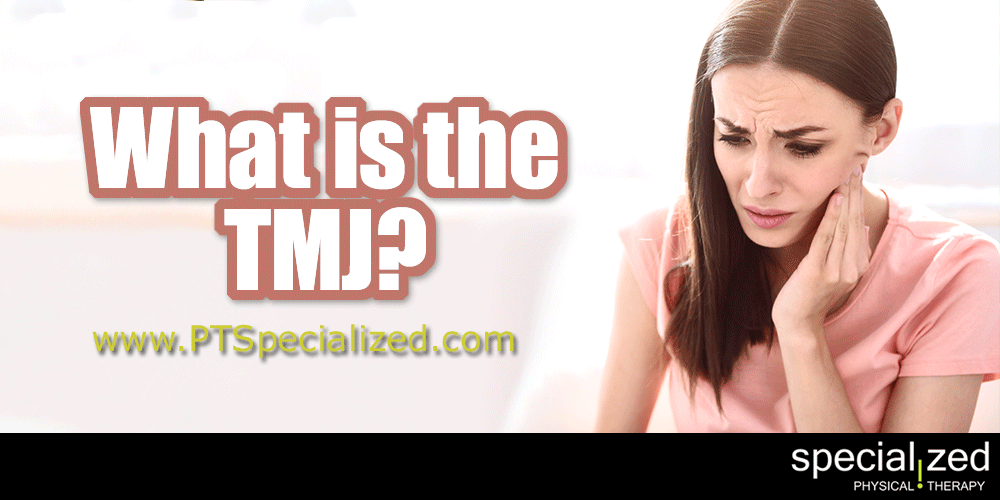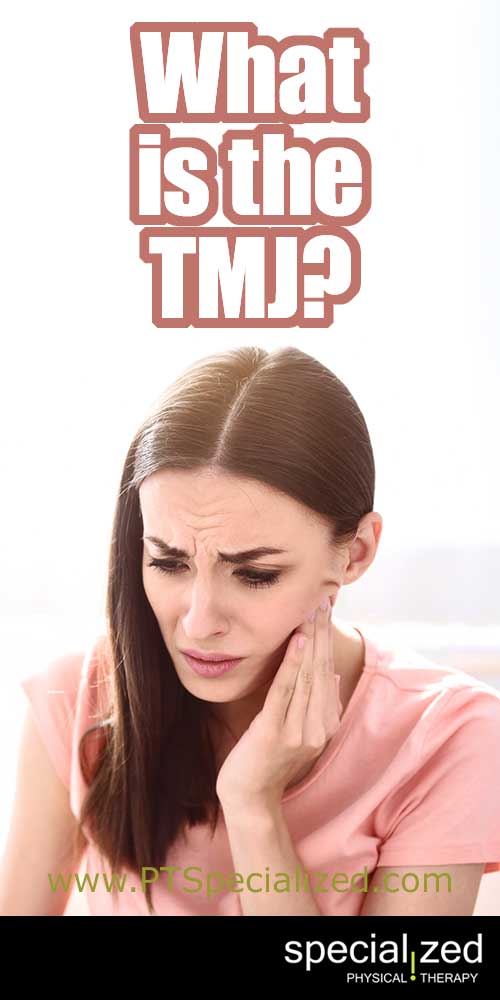Does your jaw click or pop? Does it lock? What about pain in your face, jaw or temple? Are you having problems chewing or talking? What about ear or neck pain? Does one or both of your ears ring? If you can say yes to at least one of these questions, you might just be suffering from Temporomandibular Disorder or TMD. While some symptoms are just annoying, not seeking treatment for TMD can result in serious problems.
What Is The TMJ
The temporomandibular joint (TMJ) is a hinge joint that allows you to move your mouth side to side and up and down so you can chew, yawn, and speak. This joint can be affected by stress and posture, as well as by habits such as chewing your fingernails, grinding your teeth, chewing gum, clenching, or chewing on pens.

image source Wikimedia Creative Commons
What is TMD?
Temporomandibular Disorder (TMD) is a term used to describe conditions affecting the TMJ and the muscles used in chewing. About 35% of adults have at least one sign or symptom of TMD (pain in the face, jaw or temple; jaw clicking, locking, or popping; pain in front of or in the ear; increased symptoms with speaking, chewing, or singing), but only 5-10% actually require or seek treatment. In addition, as a result of the close relationship between the cervical spine and TMJ, people with TMD often have secondary symptoms including headache, ear pain, ear fullness, neck pain, or tinnitus (ringing in the ears).
Can Physical Therapists Treat TMD?
Absolutely! Physical therapists can assess the range of motion and joint stiffness of your jaw as well as the tension of the muscles around it to determine what may be causing the disfunction and whether or not you may need to follow up with a dentist.
They will also assess your cervical spine to see if your neck is contributing to the problem. In addition to hands on treatment and exercise, physical therapists can educate you in ways to change your posture and daily habits to decrease the stress to your jaw.
Don’t suffer in silence with any of the symptoms of TMD. Since more than just your TMJ might be involved as a cause of TMD, ask your doctor if physical therapy could be helpful in treating your TMD. Then come on over to one of our four locations and get some relief.

